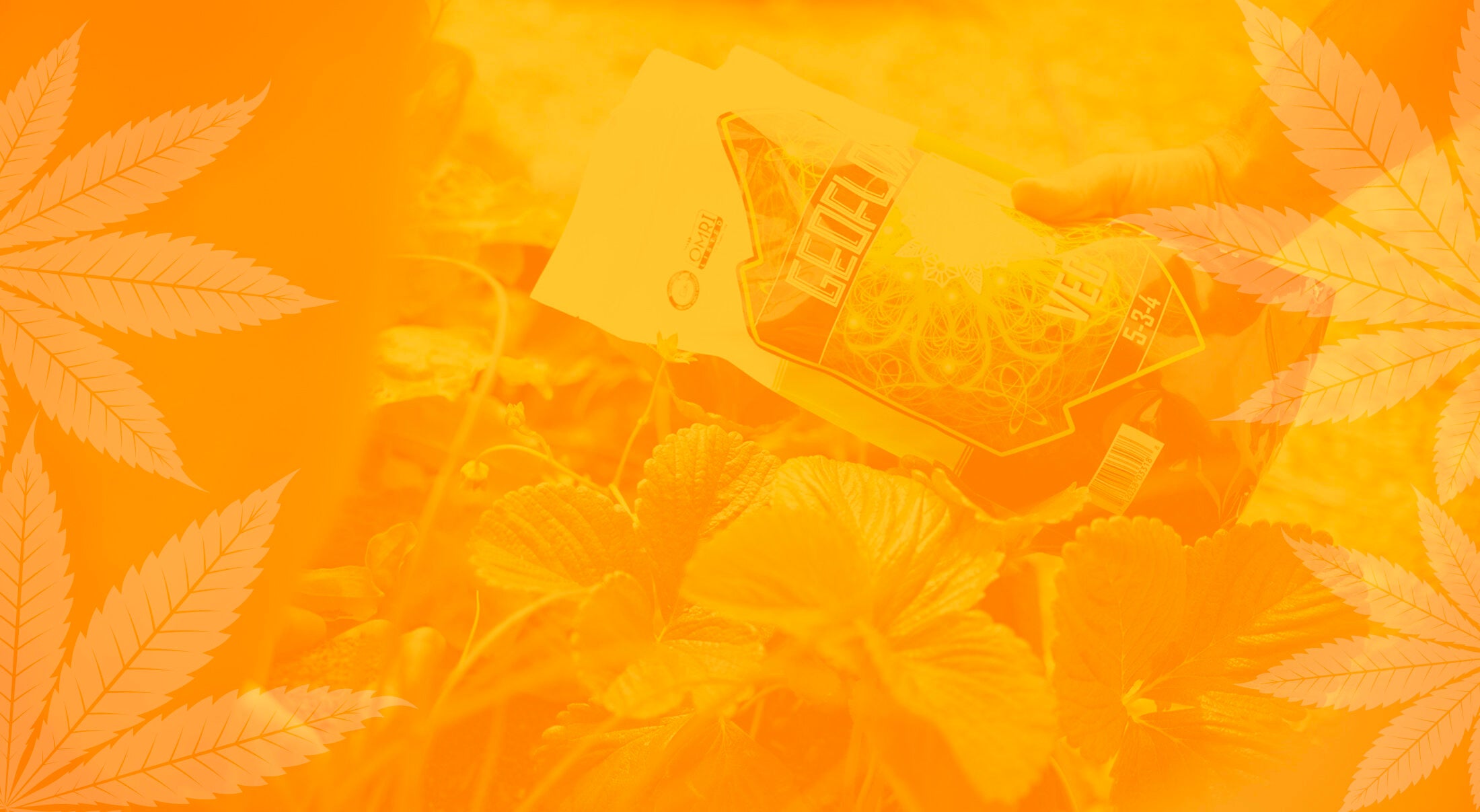With average summer temperatures on the rise and rainfall becoming less frequent, drought is becoming a huge concern. Gardeners, in particular, may feel the heat because vegetables and lawns require a lot of water to stay healthy. When water is scarce and restrictions are in place, how can you justify watering your garden?
We’ve taken a look at some ways to conserve water in times of drought so you can keep your green space green without the guilt.
Conserve Water in the Garden
Choosing to water mindfully is one of the most effective ways to do your part to reduce the impact of drought in your area. There are many methods you can use to conserve water in your garden, but here are a few of our favorites:
Time of Day
Perhaps the most important tip is to water at a specific time of day. Watering either in the early morning or evening will keep evaporation to a minimum and reduce the risk of burning your plants since water drops can magnify and intensify sunlight. If you don’t have a preference, go for an evening drench for your grow, since watering before nightfall will ensure that your plants have all the time they need to soak up moisture before the sun rises in the morning.
Drench Hoses
While most amateur gardeners tend to top-water their plants with a hose, this is, in fact, one of the most wasteful ways to provide moisture. Top-watering leaves water on your plants, puddles on the ground, and results in a lot of evaporation and runoff. To avoid this, set up irrigation hoses to drench plant roots directly. Not only does it save water, but it also allows you to avoid the hassle of dragging the hose around your garden.
It’s Timer Time
Sprinkler and hose timers are readily available online or in your local home and garden center and can help immensely in saving water. There’s nothing worse than turning on the sprinklers, walking away, and realizing an hour later that you forgot to turn them off! Setting a sprinkler timer not only limits the amount of time you’re running water, but it can also automate your watering process and save you effort.
Alternate Water Sources
Do you use a dehumidifier in your home? Do you start the faucet and let the water run until it gets hot? Do you pour out your pet bowls periodically to freshen their water source or clean their dishes? Then you’re in luck! All of these tasks offer easy alternatives to running water through your hose. Instead of pouring it all down the drain, collect it in a bucket or bowl and bring it out to your plants for a sip. Just be sure to keep any water that has chemicals or bleach out of your garden.
Rainwater is Free Water
While it seems like we’re always waiting for rain, when it does come it can be in overwhelming amounts that don’t all go to use. If you have the resources, setting up a rain reservoir to collect roof runoff can provide you with a ready water source on the days that the skies aren’t raining cats and dogs. Just be sure to check your local rules and regulations when it comes to collecting rainwater.
Drought-Resistant Landscaping
Another great way to conserve water in the garden is to landscape in a way that resists drought. There are many techniques you can use and decisions you can make in your yard to reduce your need to water.
Plant Drought-Tolerant Natives
Certain plants are better at withstanding dry spells than others. Native plants, in particular, are usually well-suited to the weather in the environment you live in, so be sure to check out your local plants for options for your garden beds. Perennial plants also tend to be hardier, return year after year, and can be adaptable additions to your yard. Consider plants like lavender, rosemary, and thyme, which are all great herbs to add to your garden!
Group By Water Need
No matter how choosy you are with additions to your garden, certain plants will need more water than others. It’s a good idea to group your plants by water needs if you can, so you can water more than one at a time and be more efficient with your water usage.
Mulch and Compost
Keeping your soil in good condition is another great way to ensure that your plants benefit from water retention while your water bill benefits from less abuse. Composting is a great way to recycle food and yard waste while improving the condition of your soil, while mulching ensures that your soil is protected from excess heat and cold and reduces evaporation.
Kill the Lawn
Lawns are one of the biggest water suckers in modern life. While they are attractive additions to your yard, they serve little purpose for both yourself and local wildlife, and in the height of summer, they can require daily watering to remain green. It may be time to consider murder--of your lawn, at least. There are ways you can utilize the space in a more productive and less water-hungry way, like raised garden beds, gravel or stone walks, small wooden decks or patios, and more! The possibilities are endless!
Saving Water Benefits Everyone
While drought has become a problem for people everywhere, these are small steps anyone can take to help mitigate the effects of water shortage and reduce waste. By doing so, we not only save a buck on our water bills, but we can help contribute to a better environment for ourselves and the local flora and fauna. Plus, it’s nice to keep a garden watered without feeling guilty!
For more garden tips and tricks, check out our blog.




